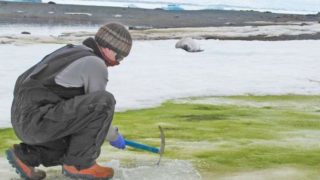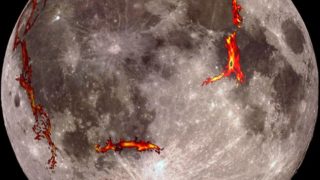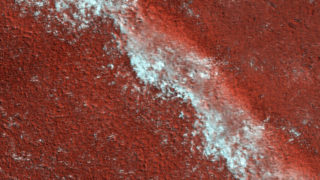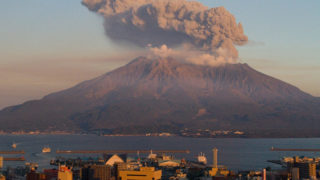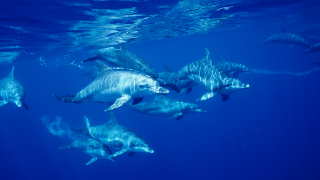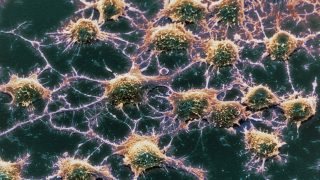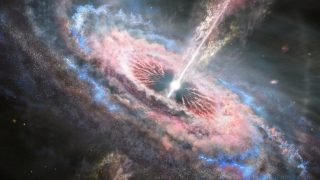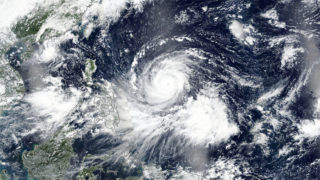
MI weekly selection #378
Stronger cyclones could intensify global warming The growing intensity of tropical cyclones in the Pacific may be feeding global warming by speeding up some ocean eddies, suppressing others and carrying more heat via the Kuroshio Current. “The collision of these two giant monsters — tropical cyclones and mesoscale eddies — will probably lead to dramatic […]
